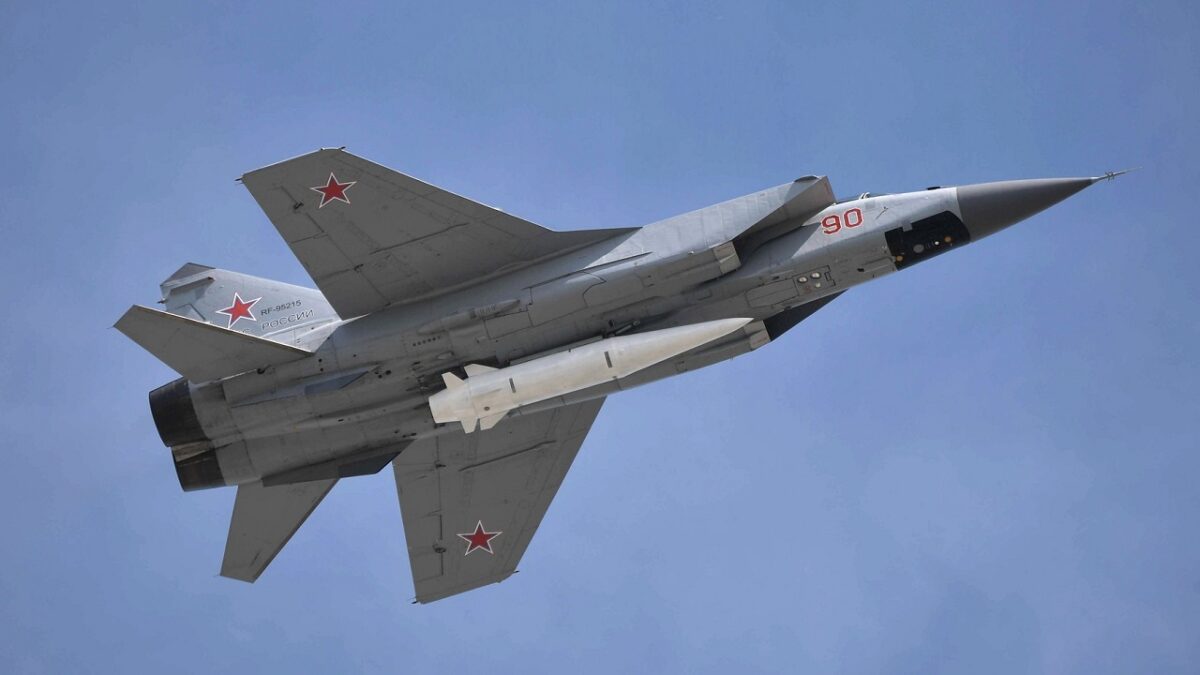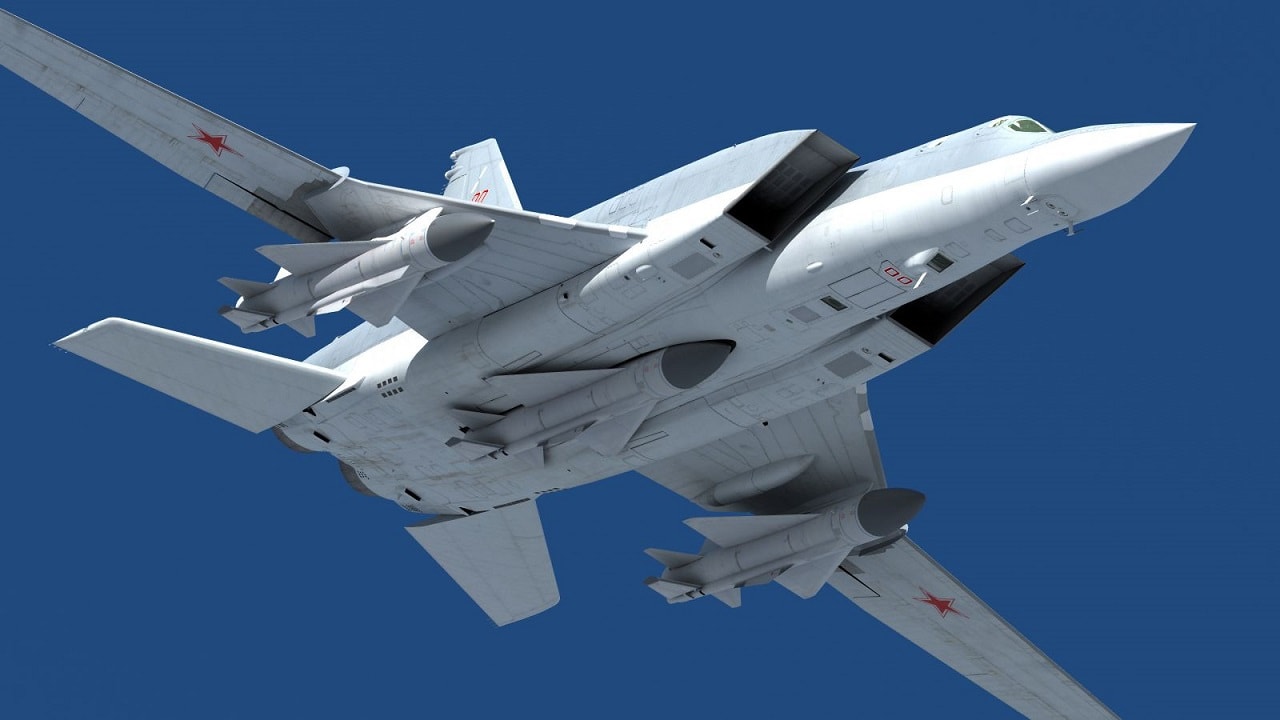Russia Accused of “Missile Terrorism” in Ukraine- Ukrainian Foreign Minister Dmytro Kuleba accused Russia this week of using “missile terrorism” tactics to spread fear throughout Ukraine.
Kuleba made similar comments on April 23 on Twitter, saying that the only aim of missile strikes in Odesa was “terror.”
“The only aim of Russian missile strikes on Odesa is terror. Russia must be designated a state sponsor of terrorism and treated accordingly,” he said, adding that there must be a “wall” between civilized countries and “barbarians striking peaceful cities with missiles.”
The latest comments come as Russian missile strikes intensify in the eastern Donbas region, with the cities of Popasna and Izyum suffering some of the worst strikes in recent days. According to the Pentagon, Russian troops have made only modest, uneven, and slow gains in the area.
Russia’s Tactics Could Indicate Short Missile Supply due to Ukraine War
Having fired over 2,100 precision-guided missiles since the invasion began on February 24, Russian troops are resorting to the use of so-called “dumb bombs” as they face persistent resistance from Ukrainian forces in Donbas.
So-called “dumb bombs,” which do not use precision guidance to find targets, have seen more usage on the battlefield in recent weeks as Russia struggled to replace its stock of precision-guided missiles.
A senior official from the U.S. Department of Defense told reporters last week that Russians are having major trouble replenishing stocks of precision-guided missiles as a result of Western sanctions on technology, components, and hardware. Russian weapons manufacturers are also struggling to keep up with demand as missiles are being fired more frequently than originally anticipated.
Warning for Ukraine Troops Practice Firing Nuclear-Capable Missiles
On Wednesday, the Kremlin said that Russian forces had engaged in simulated nuclear-capable missile strikes in the western region of Kaliningrad. It comes as Russian troops fail to make the gains they need in the eastern Donbas region, and as the intensity of missile strikes increases in some parts of Kharkiv and Luhansk.
Russian troops practiced “electronic launches” of nuclear-enabled Iskandar mobile ballistic missile systems, according to a statement issued by the Russian Ministry of Defense. Troops also reportedly practiced single and multiple strikes at targets.
The drills involved 100 Russian troops, who were also trained to prepare for “radiation and chemical contamination.”

Kinzhal missile aboard a Tu-22M3 bomber.
Russia has repeatedly warned that tactical nuclear weapons may be deployed and used if Russia faced an “existential threat,” but chief Kremlin spokesman Dmitry Peskov also said in an interview last month that the idea of an “existential threat” was separate from the invasion of Ukraine.
As Russia intensifies missile attacks on Ukraine while facing a very real shortage of smart weapons and ammunition, nuclear weapons drills may form an effort to warn NATO forces that nuclear strikes could be the next step.
Jack Buckby is a British author, counter-extremism researcher, and journalist based in New York. Reporting on the U.K., Europe, and the U.S., he works to analyze and understand left-wing and right-wing radicalization, and reports on Western governments’ approaches to the pressing issues of today. His books and research papers explore these themes and propose pragmatic solutions to our increasingly polarized society.

